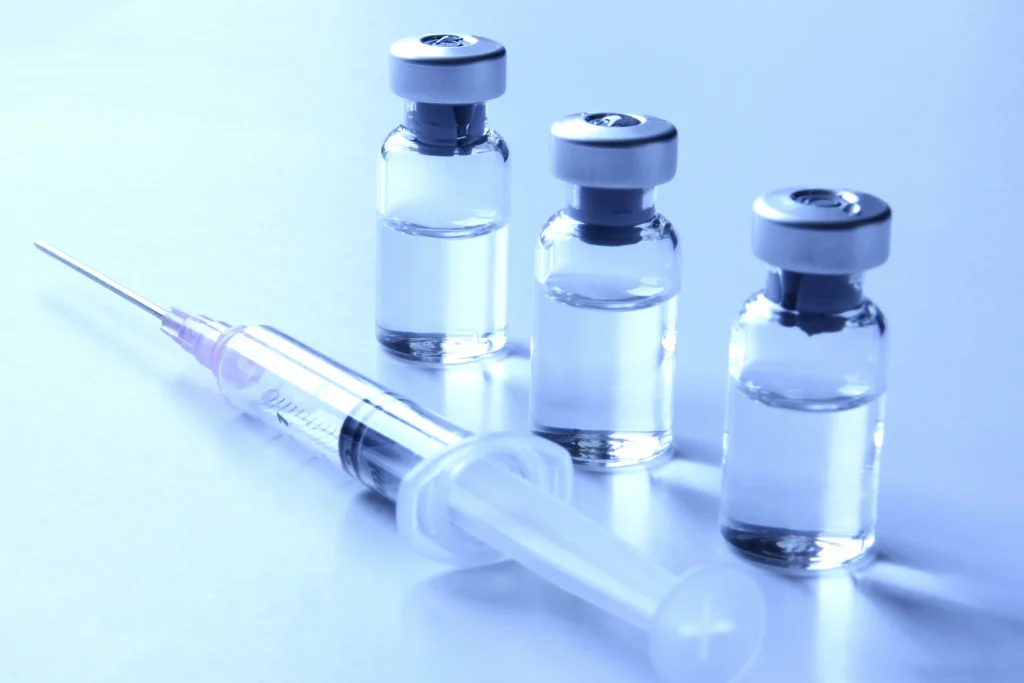WASHINGTON, DC – Today, over 125 organizations called upon the Association of State and Territorial Health Officers to create an inclusive and coordinated plan to distribute the COVID-19 vaccine and to make concerted efforts to reach and establish trust with LGBTQI populations. Read the letter here.
Within the United States, Black, Indigenous, Latinx, and other communities of color have borne the brunt of the illness and death resulting from the pandemic. It is imperative that the COVID-19 vaccination efforts reach those communities. In addition, LGBTQI people must be included in comprehensive and targeted messaging campaigns in order for these populations to participate in vaccination efforts.
“Black, Indigenous, Latinx, and communities of color, LGBTQ communities – and those at the intersections of these communities – face consistent barriers to accessing affirming health care. With COVID-19’s widespread impact, including lives lost, and increasing barriers to care like reduced hospital capacity, loss of benefits and cancellation of non-urgent care, it is more imperative than ever that our healthcare leaders at the state, local and national level work to better engage these communities in the healthcare system and prevent further harms to these communities,” said Juan Carlos Loubriel, Director of Community Health and Wellness at Whitman-Walker Health.
“Better engaging communities looks like providing affirming healthcare environments and understanding the full picture of the patient in front us by collecting more thorough data – and asking the right questions to collect that data. We must document gender identity and sexual orientation in addition to data points like race and ethnicity to ensure that COVID-19 vaccine distribution efforts reach all communities represented in our complete population.”
Public health initiatives to reach communities who may have significant and understandable mistrust of the medical establishment must motivate these constituents to receive the vaccine. This will mean explicitly naming and incorporating the recommendations of leaders within LGBTQI communities, as well as those of BIPOC, disability rights and leaders of other underserved populations.
“Community influencers are on social media asking why they should trust a vaccine made by a government that has not supported us. It’s a valid question. We need state health leadership to acknowledge this vaccination hesitancy and help us counter this narrative before our communities’ health disparities get even worse,” says Dr. Scout, the Executive Director of the National LGBT Cancer Network.
Additionally, these organizations called upon Association of State and Territorial Health Officers to include the collection of sexual orientation, gender identity, and intersex status data in their vaccine dissemination plan for LGBTQI communities in order to track and respond to issues for these communities. Citing that vaccine information to LGBTQI communities should come from a range of trusted sources, the letter also makes the case that collecting SOGI data will allow local governments and health officials to better support these communities, and more thoroughly respond to public health crises, in the future.
“Because they are more likely to hold front line jobs and have certain chronic conditions, LGBTQI people may be disproportionately vulnerable to novel coronavirus infection and to complications should they develop COVID-19. This is especially true of Black, Latinx and indigenous LGBTQI people and LGBTQI older adults,” said Sean Cahill, Director of Health Policy Research at The Fenway Institute. “Due to negative experiences in the health care system and high rates of medical mistrust, many LGBTQI people may be reluctant to access the vaccine when it becomes available.”


